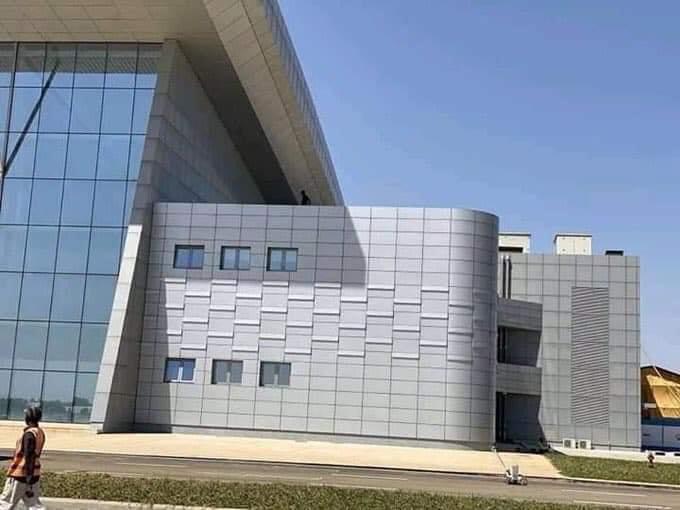
Minister of Aviation, Senator Hadi Sirika has proposed between 20 and 30 years period for the concession of four airports in its concessioning programme.
Sirika made this known in Lagos and also said that the Federal Executive Council (FEC) would give the final approval for the concession of the airports slated for the exercise.
The Federal Government had in 2016 mentioned the Murtala muhammed Airport (MMA), Lagos, Nnamdi Azikiwe International Airport (NAIA), Abuja, Aminu Kano International Airport (AKIA), Kano and Port Harcourt International Airport (PHIA), Port Harcourt as strategic airports that would be concessioned in the first phase of the exercise, while others would follow after that.
But the aviation unions have ceaselessly kicked against the planned concession, but the government insisted there was no going back on its programme.
Sirika explained that the infrastructure concessions of this nature come with significant financial obligation, stressing that in order for the concessionaires to recoup their investments, the concession period would be between 20 to 30 years and may be extended.
He also clarified that apart from the passenger terminals of these airports slated for concession, the government would also concession the cargo terminals in the four airports.“Infrastructure concessions of this nature come with a significant financial obligation, which any responsible concessionaire will no doubt be keen to recoup. To this end, we envisage a minimum of 20 to 30 years for the programme, which may be extended depending on performance and Nigeria’s best interests. That said – the duration is not set in stone and will be subject to negotiation and then final approval by the Federal Executive Council,” Sirika said.
Sirika insisted that the concession of the airports would enable Nigeria to achieve its objective in terms of air transport value chain growth by developing and profitably managing customer-centric airport facilities for safe, secure and efficient carriage of passengers and goods at world-class standards.
He remarked that investing in and continuously developing the asset up for concession was key to unlocking the opportunities in business and tourism sectors in Nigeria, regretting that despite the huge potential in the country’s airports, they are currently operating at a suboptimal level due to a myriad of factors, which he hoped would be addressed through the concession exercise.
Sirika however reiterated that the government would only concession the non-aeronautic assets of the airports located in the passenger and cargo terminals.
“They are thus comprised of the assets from the entry door of the airport to the point of embarking a plane, and from deplaning to the exit doors. This space commonly referred to as the passenger terminal is comprised of retail spaces, waiting and seating areas, airport and airline lounges, baggage collection, check-in counters as well as administrative offices.
“The cargo terminals are comprised of the facilities between the point of entry and up to loading and offloading points, including administrative offices within said facilities.”
Sirika pointed out that there was no conflict between the concession programme and the terms of the EXIM Bank loan agreement entered into between the Federal Government and the Peoples Republic of China, which has seen the China Civil Engineering Construction Corporation (CCECC) build new passenger terminals in Lagos, Abuka, Kano, Port Harcourt and Enugu Airport.
He emphasised that the CCECC was contracted to deliver a number of infrastructure projects throughout Nigeria in 2013, assuring that the government continue to service its obligation.

He explained that the government was already looking for partners who with the financial, technical and operational capabilities to manage these assets profitably and responsibly.
He also said that the government intended to generate revenues through an annual concession fee and a share of net operating income payable by the concessionaire, adding that when the programme comes on stream, the Federal Airports Authority of Nigeria (FAAN) would no longer be solely responsible for maintenance, investments and day-to-day management of these airports.






